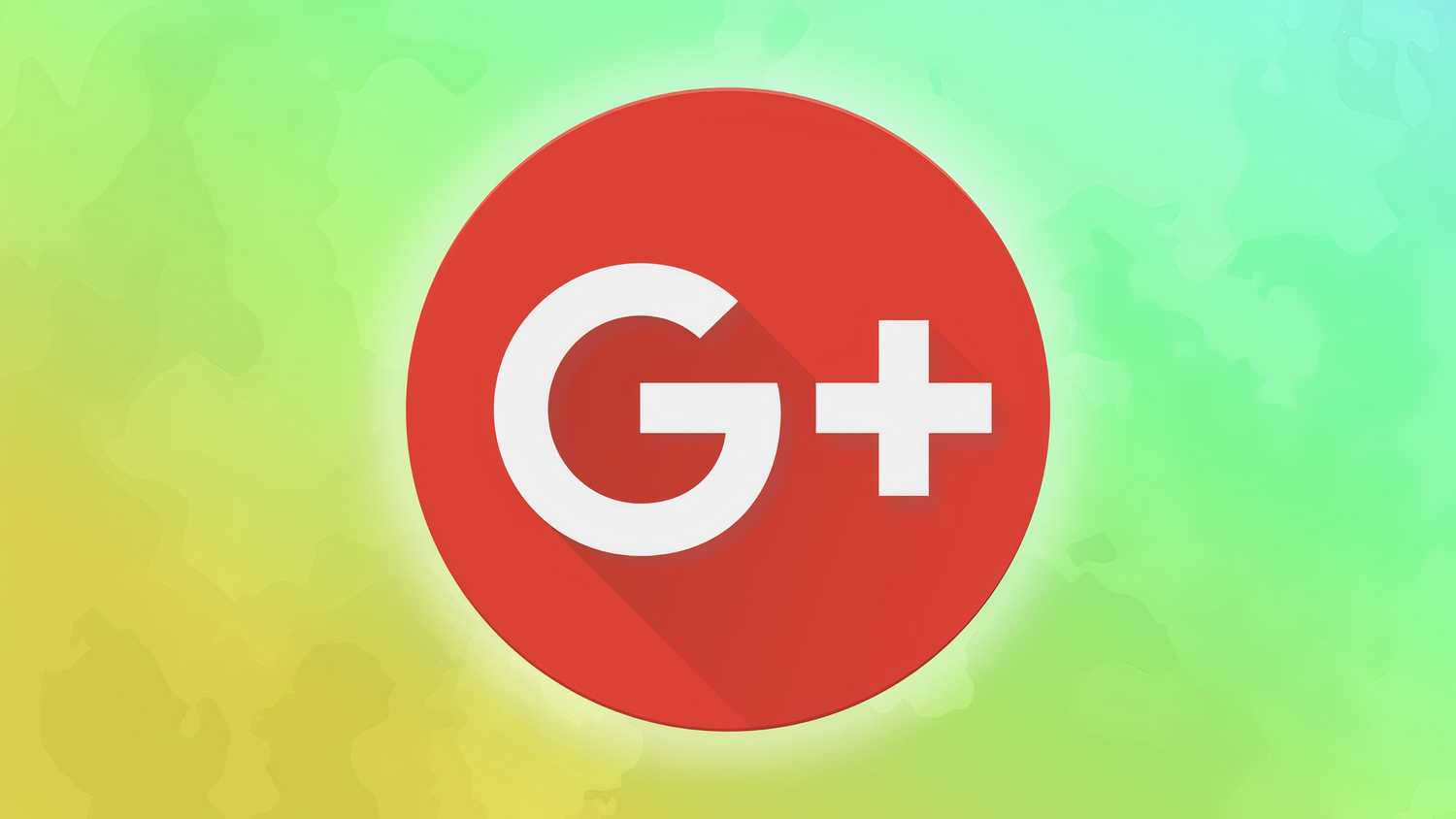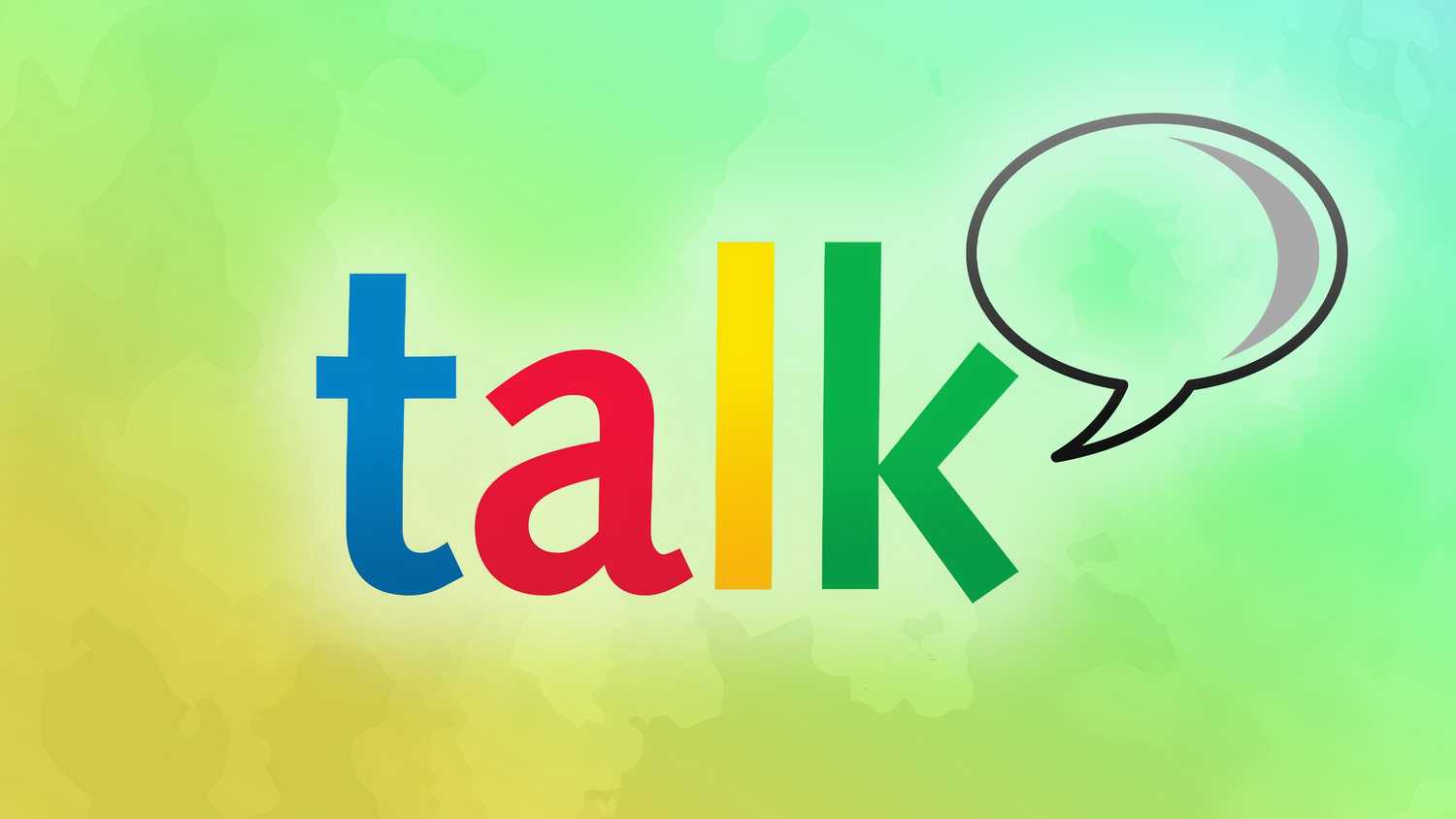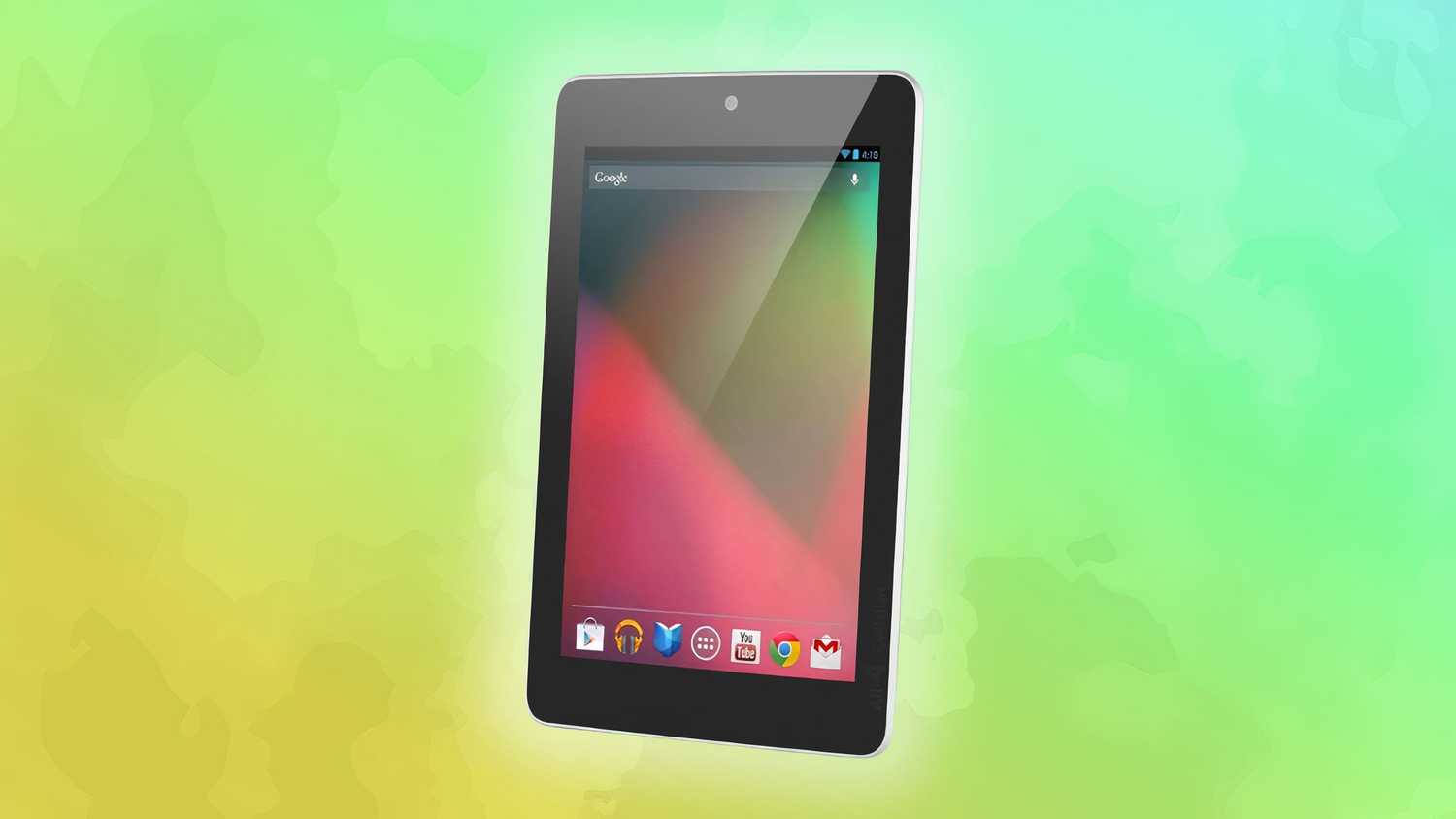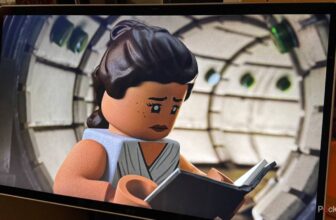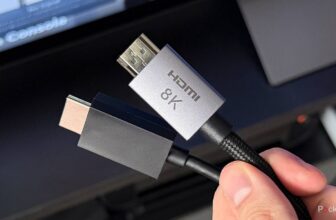Over the years, Google has developed a bit of a reputation for being the Grim Reaper of the big tech world. In fact, according to the (non-Google-sanctioned) Killed by Google website, the company has axed nearly three hundred products in its short twenty-seven-year existence as a Silicon Valley innovator.
Some killed Google initiatives, like its ill-fated Nexus Q orb product and its under-baked Stadia video game streaming service, aren’t exactly remembered fondly. Others, however, are looked back upon in retrospect with a sense of nostalgia and cherishment for the past.
Here are five Google-funded products and services that, in my personal opinion, didn’t deserve their untimely fate.
Chromecast line
Simple plug-and-play joy from the days of yore
- Released to market: 2013
- Killed by Google: 2024
For several years, Google released a line of small dongle-like Chromecast accessories that brought wireless casting to old-fashioned non-smart television sets. Using the still-supported Google Cast protocol, these devices were perfect for beaming photos and video content, mirroring a phone or desktop, or simply displaying a curated rotation of screensaver images on any TV screen.
After three successive generations of Chromecast models, in addition to an Ultra variant, an Audio variant, and a separate unit outfitted with the Google TV operating system and a dedicated remote control, Google retired the dongle-esque streaming line in favor of a more traditional set-top box setup called the Google TV Streamer (4K). While this new model is far more advanced than earlier Chromecasts, it’s also more expensive, less space-conscious, and less simple and intuitive than its ancestral products.
Google+
A unique spin on social networking
- Released to market: 2011
- Killed by Google: 2019
In the earlier days of internet-based social media, tech companies were scrambling to emulate the massive (and seemingly overnight) success of Facebook. Google, naturally, wanted a slice of the social pie, and so it quickly came up with a platform known as Google+.
Admittedly, Google+ was a unique take on social media that didn’t copy and paste every last design que from its rivals. The platform’s signature Circles feature was genuinely innovative, allowing users to create bespoke groups of friends to share curated content with. Despite Google+ deeply integrating with other Google services like YouTube and Hangouts, the social media site ultimately never stuck the landing.
Google Talk
The original Google-powered IM client
- Released to market: 2005
- Killed by Google: 2013
Google has a tumultuous history when it comes to creating, promoting, maintaining, and killing various internet-based instant messaging (IM) services. Before the days of Hangouts, Spaces, Allo, YouTube Messages, and RCS Chat, we had the infamous Google Talk. Referred to by its users at the time as Gchat, Gtalk, and other colloquial terms, Google Talk was cross-platform and available across Android, Windows, BlackBerry, ChromeOS, and the web via its Gmail integration.
Google Talk brought with it encryption, offline messaging, searchable chat logs, basic text formatting, and other instant messaging goodies, but it unfortunately didn’t survive long enough to reach the modern era of digital text messaging. Had Google doubled-down on Gtalk, perhaps it would’ve evolved into the iMessage of the Android world. Alas, this was not to be, and instead we bore witness to a decade or more of Google struggling to set its messaging game straight.
Nexus line
Affordable, geek-friendly, and developer-oriented
- Released to market: 2010
- Killed by Google: 2016
Before Google started releasing its own in-house hardware in the form of Pixel-branded smartphones, tablets, and laptops, the company ran its now-iconic Nexus program. Each year, Google would work closely with one or more of its hardware OEM partners to tweak an existing Android device, imbue it with a ‘stock’ Android Open Source Project (AOSP) build of the Android operating system, and sell it direct to consumers at a (relatively) affordable price point.
Many, including myself, have fond memories associated with Google Nexus-branded products. In particular, the Nexus 5 and the Nexus 7 are remembered as quintessential 2010’s-era Android devices, with their pragmatic exterior designs, their clean, developer-friendly software, and their aggressively competitive price tags.
Google Desktop
A quirky but lovable Google launcher for Windows
- Released to market: 2008
- Killed by Google: 2011
Google Desktop was a Windows program that served as a sort of launcher for accessing all things Google on PC. Released before the advent of ChromeOS and Chromebook laptops, Google Desktop was the de facto tool for searching through your Gmail inbox, locally stored computer files, chat logs, web history, and more directly from your desktop. Unlike the Google Toolbar web browser plug-in, which was integrated into Internet Explorer’s interface, Google Desktop hooked directly into Windows Vista and Windows 7 via a system tray applet.
Google Desktop offered its own Sidebar for pinning and accessing widgets, it offered a Quick Find box that resembles modern-day Spotlight Search on macOS, among other perks. Eventually, a confluence of ChromeOS availability, an increased prominence of cloud-based storage, and publicized privacy and security vulnerabilities within the program led to its untimely demise after only three years on the market.
Trending Products

Wireless Keyboard and Mouse Combo, ...

ASUS Vivobook Go 15.6” FHD Slim L...

HP 14″ HD Laptop | Back to Sc...

ASUS TUF Gaming GT502 ATX Full Towe...

Lenovo New 15.6″ Laptop, Inte...
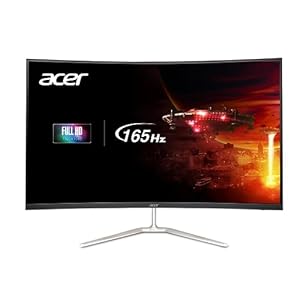
Acer Nitro 31.5″ FHD 1920 x 1...

Logitech Signature MK650 Combo for ...

Acer Chromebook 314 CB314-4H-C2UW L...

HP 14″ Ultral Light Laptop fo...


